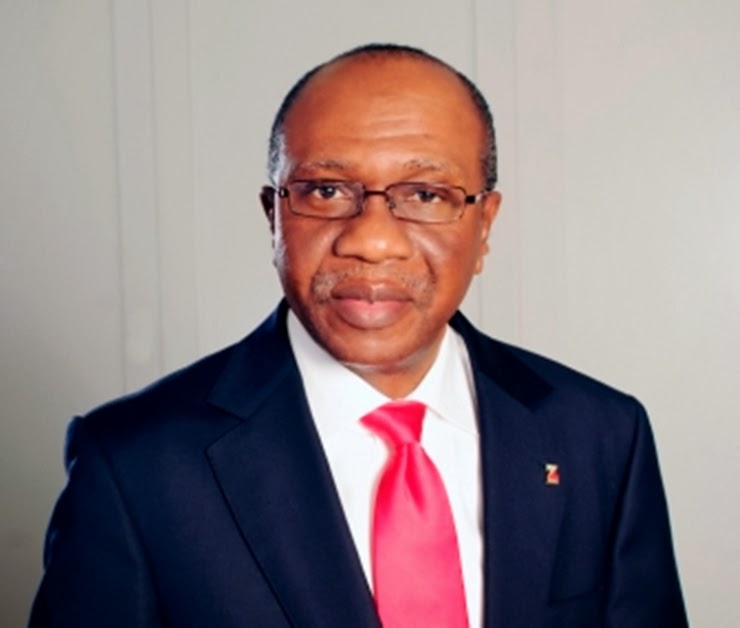As part of measures to reduce pressures on the nation’s foreign reserves, the Central Bank of Nigeria has stopped the sale of foreign exchange to all Bureaux De Change in the nation.
The reserves, which closed last year at $28.364 billion, dropped last weekend to $28.193 billion.
The Governor of the CBN, Mr. Godwin Emefiele, who announced the policy change in Abuja said “The bank (CBN) would henceforth discontinue its sales of foreign exchange to BDCs. Operators in this segment of the market would now need to source their foreign exchange from autonomous source. They must, however, note that the CBN would deploy more resources to monitoring these sources to ensure that no operator is in violation of our anti-money laundering laws.
“Despite the fact that Nigeria is the only country in the world where the central bank sells dollars directly to BDCs, operators in this segment have not reciprocated the bank’s gesture to help maintain stability in the market. Whereas the bank has continued to sell Dollars at about N197 per dollar to these operators, they have in turned become greedy in their sales to ordinary Nigerians, with selling rates as high as N250 per dollar.
“Given this rent-seeking behaviour, it is not surprising that since the CBN began to sell foreign exchange to BDCs, the number of operators have risen from a mere 74 in 2005 to 2,786 today. In addition, the CBN receives close to 150 new applications for BDC licences every month.
“Rather than help to achieve the laudable objectives for which they were licensed, the bank has noted the following unintended outcomes:
“Avalanche of rent-seeking operators only interested in widening margins and profits from the foreign exchange market, regardless of prevailing official and inter-bank rates;
“Potential financing of unauthorized transactions with foreign exchange procured from the CBN;
“Gradual dollarization of the Nigerian economy with attendant adverse consequences on the conduct of monetary policy and subtle subversion of cashless policy initiative; and prevailing ownership of several BDCs by the same promoters in order to illegally buy foreign currencies multiple times from the CBN.”



Leave a Reply